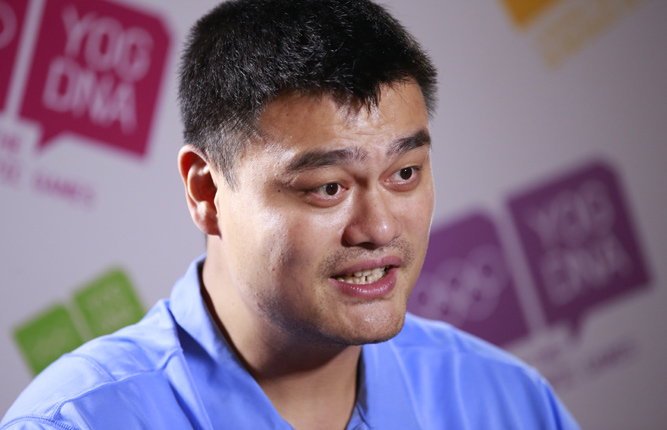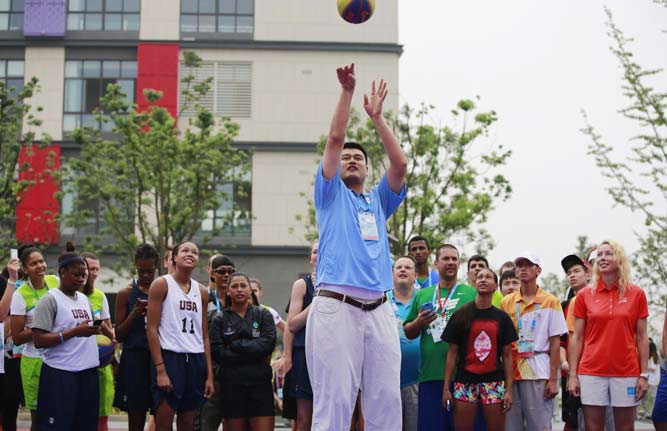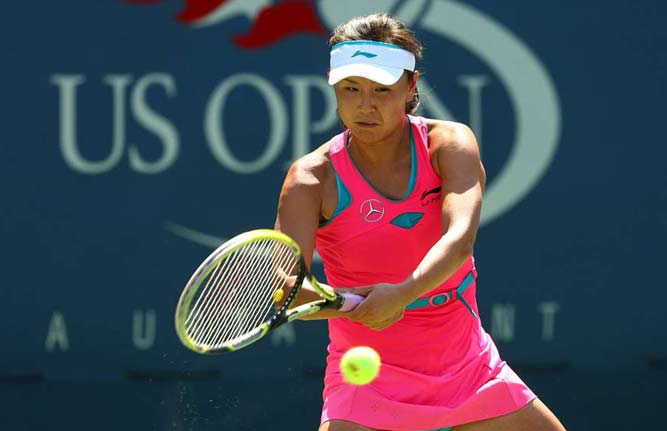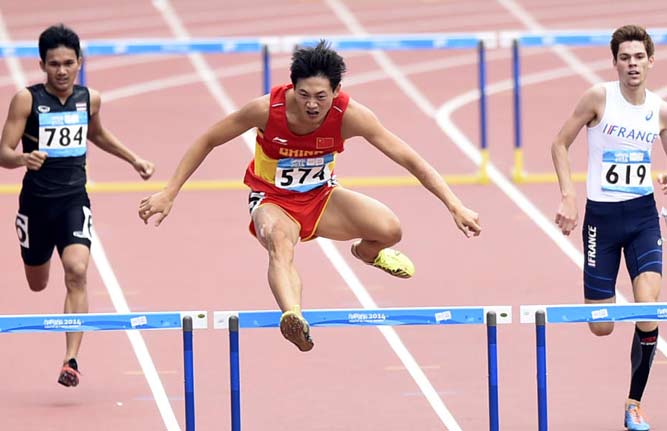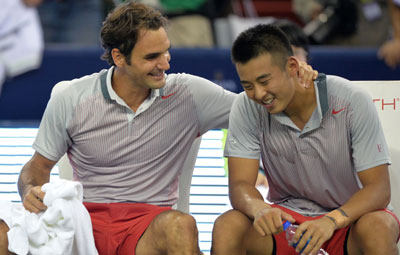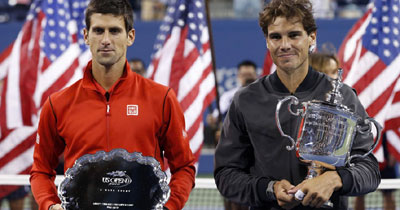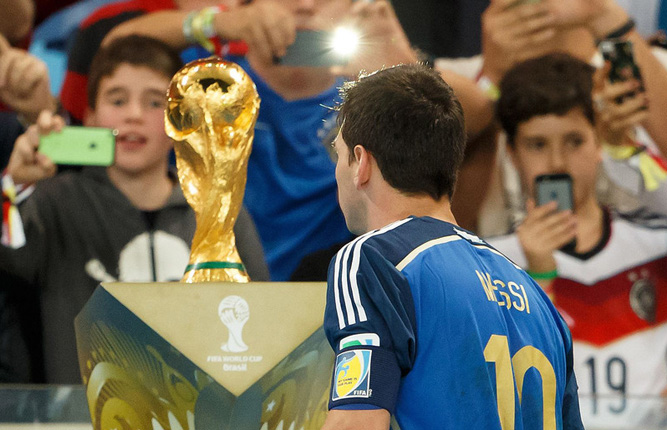Youth doing China proud
By SUN XIAOCHEN (China Daily) Updated: 2014-08-22 18:08
|
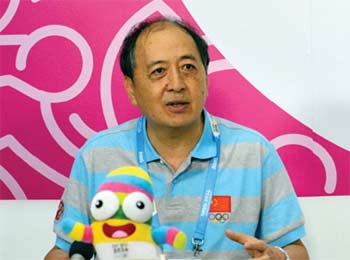 |
|
Xiao Tian |
China's vice-minister of sports is encouraging local athletes to continue with their off-court communication and cultural exchanges to forge a vibrant and outgoing image of modern China.
Xiao Tian, deputy director of the State General Administration of Sport and chief of the Chinese Youth Olympics, hailed young Chinese Olympians for their performances in Nanjing at the halfway stage media briefi ng on Thursday.
"So far, our athletes have competed at a relatively high level, as they should. We are happy about their performances in the events they compete in," said Xiao, who is also the vice-chairman of the Chinese Olympic Committee.
As of Thursday afternoon, the Chinese delegation had bagged 11 gold, four silver and eight bronze medals in 11 events and topped the unofficial medal tally, Xiao said.
What excited the minister more than the medal haul was the active manner in which China's new breed of Olympians was socializing and communicating with foreign athletes.
"They are much more willing and more courageous to speak their minds and talk with foreign athletes and media than we did (as athletes) 30 years ago," said Xiao, who used to be a top-level fencer in the 1970s.
Back in the 1980s, when China started to send its sportsmen and sportwomen to compete overseas, the athletes were as much known for their reticence as their athletic prowess. Silent and shy, they appeared colorless and blended into a background of collective solidarity.
In probably the most extreme example, four-time Olympic winner and diving diva, Fu Mingxia, was taught to answer all media questions with an "I don't know" - even when she was asked: "How old are you?" at the 1990 World Goodwill Games in Seattle.
"No one spoke English at that time and the mentality to restrain individuality then made Chinese athletes too shy to speak about themselves," Xiao said.
With more international exposure and education o ered since the 2008 Beijing Olympics, the new generation of Chinese athletes has been trying actively to blend in with the international community by learning English and using social media.
During the Nanjing YOG, scenes of young Chinese athletes talking with foreign counterparts in English, sharing selfi es on social media and commentating on their performances in front of cameras are visible everywhere.
Dilana Dilixiati, a female 3-on-3 basketball player from China's Xinjiang Uygur autonomous region, said she is using the Nanjing YOG as a platform to showcase herself, not only athletically but culturally.
"Sometimes, I am nervous facing media or too shy to open my mouth. But mixed in such a group of young and open peers in Nanjing, I am more willing to open myself up and make friends," said the 17-year-old.
Damir Eklic, the Serbian coach of the Chinese women's handball team, said the Chinese girls were more active in expressing themselves than he expected.
sunxiaochen@chinadaily.com.cn
- Karamay youth swimming team takes golds
- Liuyang firework lights up the 2nd Youth Olympic Games in Nanjing
- Police kill another black youth in Ferguson
- In pictures: Highlights of Nanjing Youth Olympics
- Olympic traces at Youth Games
- Fencing world champion upset at Youth Olympics
- Youth Olympics gold not sole goal for Fan Zhendong
- Cayman Islands gymnast Lloyd makes history at Youth Olympics
- Drug use in the show biz world sends ominous signal to youth
